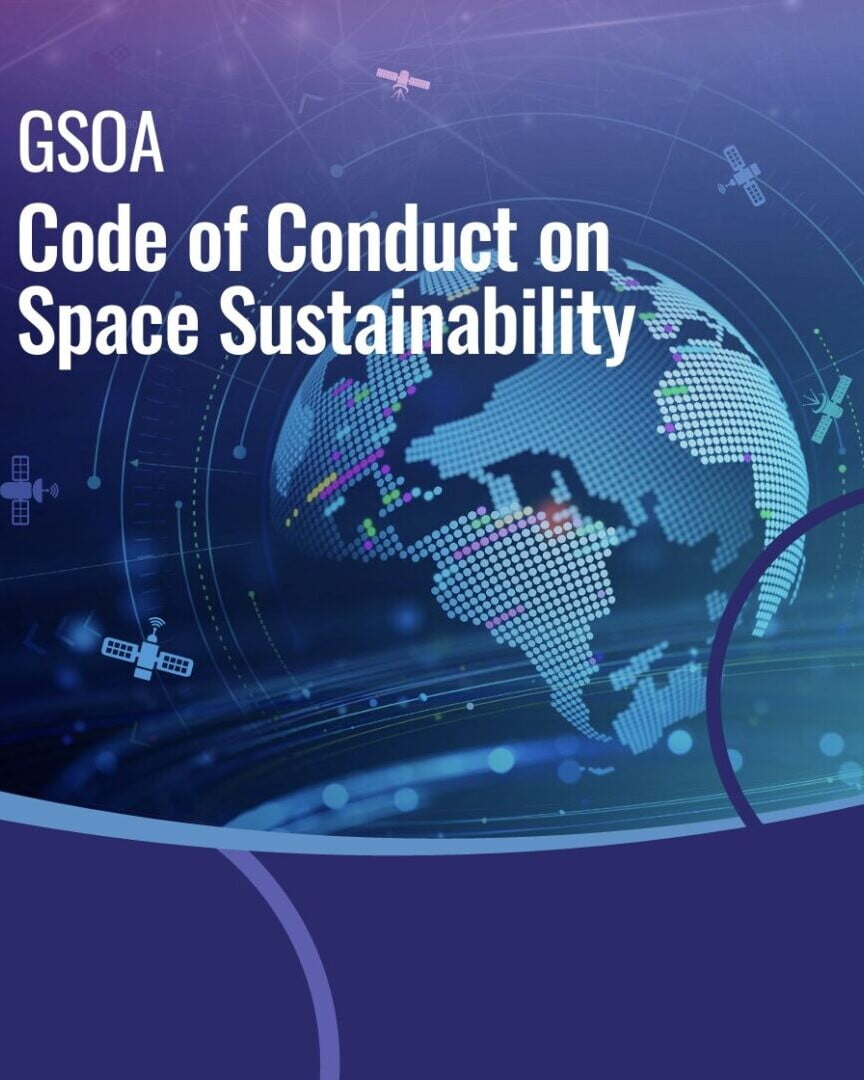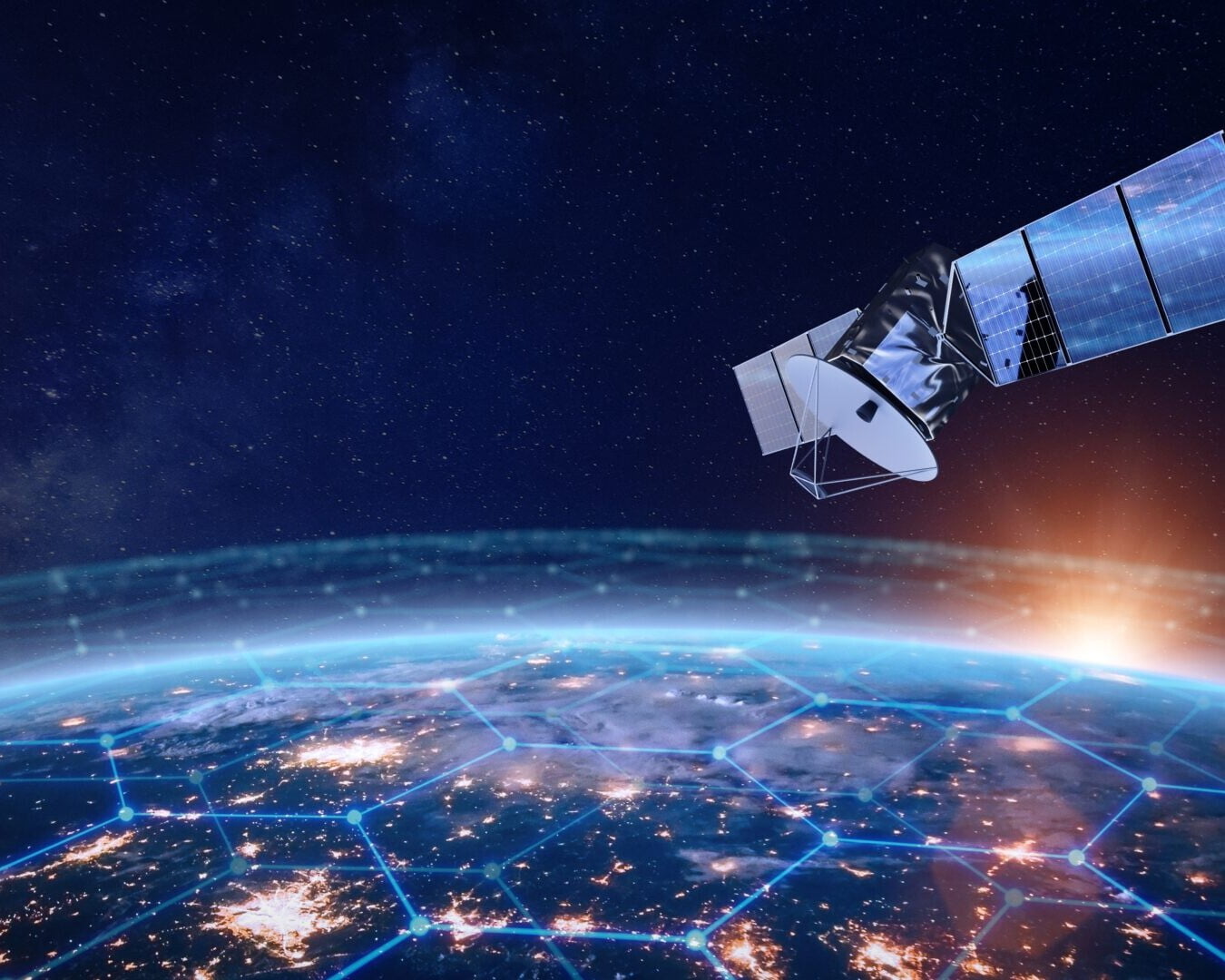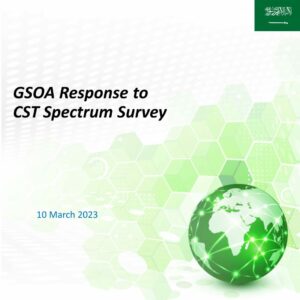Space Sustainability
Satellite communications services provide essential connectivity that complements and extends terrestrial networks and contributes to the delivery of universal service and coverage. Satellite connectivity can significantly help reduce today’s digital divide, as the number of satellite broadband users is set to double to at least 500 million people by 2030.
Space sustainability aims to maintain the safety and health of the space environment. Space provides significant benefits to people and our planet and preserving those benefits in the face of greater utilization of orbits for valuable services requires timely action.



GSOA Code of Conduct on Space Sustainability
GSOA released in 2023 its Code of Conduct on Space Sustainability, calling on operators to implement responsible practices that mitigate the risk of in-orbit collision, minimize the threat of non-trackable debris, protect humans in space and limit effects on optical astronomy.
Satellites in all orbits deliver vital satellite connectivity and high throughput broadband services. While they offer great promises in bridging the digital divide, they must be launched, deployed, operated and disposed of in a responsible manner.
The Code of Conduct endorses, and recommends that operators comply with practices in four space sustainability areas:
Mitigating the risk of in-orbit collision:Operators should take all reasonable steps to share information with other operators about trackable debris that they may have or may not have generated through the operation of their spacecraft.
Minimize the Threat of Non-Trackable Debris:Operators should take steps in the design, launch, orbit raising, operational and de-orbit phases of the spacecraft mission – to ensure that their satellites do not become debris.
Preserving human life in space:Human life should be protected and operators should ensure that astronauts are not put at risk.
Limiting impact on optical astronomy: Operators and astronomers should work together to minimise negative impacts on ground-based optical astronomy, while allowing observation at optical wavelengths and ensuring the delivery of satellite services.
Read GSOA’s Paper: “GSOA Code of Conduct on Space Sustainability”
Space Sustainability Compendium
Today there are many initiatives, standards and policies that are addressing directly or indirectly different matters on space sustainability.
Check more information in the GSOA Space Sustainability Compendium




